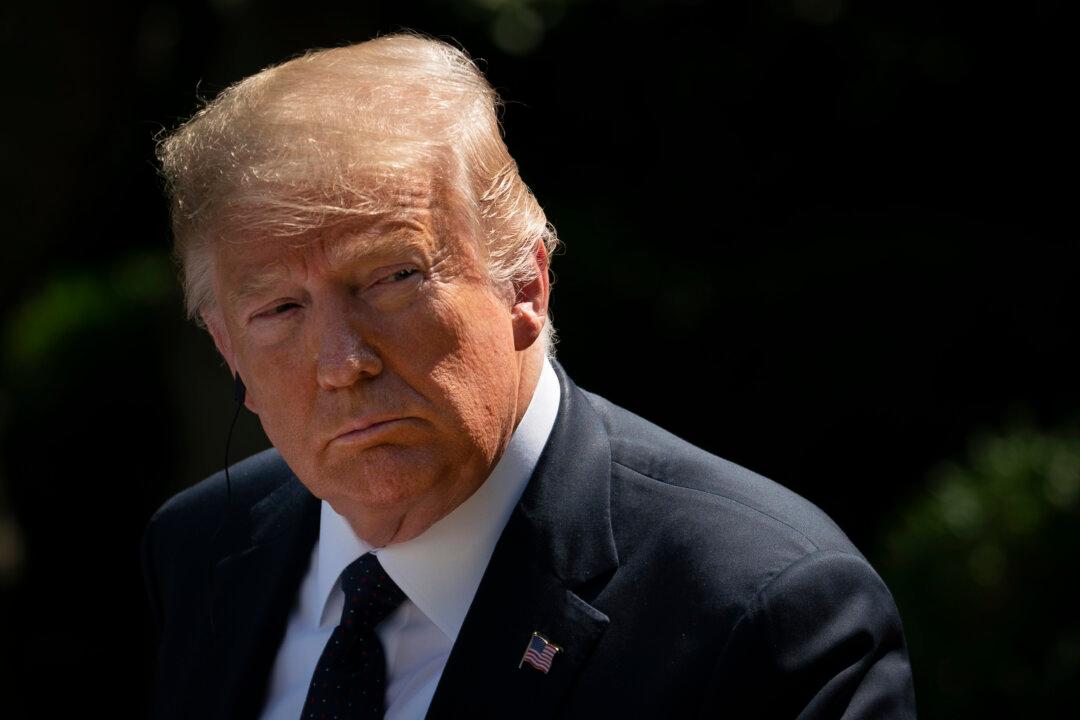House Democrats didn’t garner enough support in today’s vote to override President Donald Trump’s first-ever domestic policy veto.
With only six Republicans joining them, the Democrats were unable to have the two-thirds majority needed to override the presidential veto of House Joint Resolution 76. Their effort failed in the House by a 238–173 vote.





